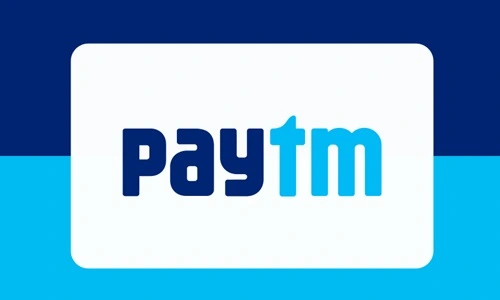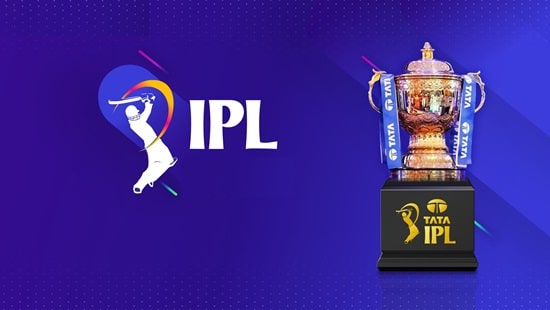Paytm is an Indian multinational financial technology company offering digital payment services to consumers and merchants such as mobile payments, QR code payments, online payment gateways and others along with financial services including microloans. In fact, Paytm is one of the pioneers of digital payment services in India.
Overview of Paytm
Paytm was established in the year 2010 by Vijay Shekhar Sharma in Noida. The initial services of the company were centred on prepaid mobile and DTH recharges before diversifying into debit card, postpaid mobile and landline bill payments. Paytm wallet was launched by the company in the year 2014. Indian Railways and Uber were the first to add Paytm wallet as a payment option. In the year 2015, Paytm ventured into metro recharges and bill payments for utilities such as electricity, gas, water and others. By 2015, Paytm had also started travel ticket bookings, reaching a milestone of 20 lakh tickets booked per month.
Paytm became the first payment app to cross over 10 million downloads in the year 2017. In May 2019, Paytm launched its credit card service in collaboration with Citibank. SoftBank Vision is the largest institutional investor in Paytm. Other institutional investors include Alibaba Group, eBay and Ant Group.
| Aspect | Details |
| Name | Paytm |
| Founding Year | 2010 |
| Headquarters | Noida, UP, India |
| CEO | Vijay Shekhar Sharma |
| Products | Mobile Payments, Paytm Payments Bank, Paytm Money, etc. |
| Parent Company | One97 Communications |
| Website | www.paytm.com |
| Net Revenue | USD 220 million as of 2023 |
Understanding the revenue model of Paytm
Paytm operates a dual business model made of consumers and merchants. It provides financial services to both consumers and businesses by partnering with financial institutions and leveraging cutting edge technological tools. The company deals in mobile payments, bill payments, recharges, e-commerce, banking services, gold and more.
Large Suite of Payment Services
Paytm provides a wide range of payment instruments such as Wallet, Paytm Postpaid, UPI, net banking and more to recharge mobile and DTH subscriptions and bill payments for various utilities such as electricity, water, gas, broadband and others. Moreover, Paytm also partners with several educational and financial institutions to facilitate payments of fees and EMIs or insurance instalments.
Paytm earns revenues from the service providers and operators such as mobile and DTH companies by charging commissions on each transaction.
Subscription Model for Businesses
Paytm offers subscription based services to merchants to set up technical infrastructure required to accept payments through a host of instruments. Businesses can also upgrade to sound box devices with features such as real time voice verification. POS devices are also offered to retailers under the subscription model to enable them to accept card and mobile payments which not only generates subscription revenues but MDR as well.
Paytm Wallet
Paytm Wallet is used to store digital currency which is used by the consumers to purchase products and services at specific markets and establishments having contracts with Paytm to accept payments from Paytm wallet. Users of Paytm wallet can also send money to each other. Money deposited in the Paytm wallet by the users is, in turn, deposited in an escrow account in a partner bank.
Paytm earns the interest generated from the escrow account. The interest depends upon the average amount deposited in the escrow account within a specified period of time. Operational costs to run Paytm wallet are less as compared to the interest earned. More the frequency of usage of Paytm wallet, greater is the revenue flow for the company.
Upselling High Margin Financial Services
Paytm upsells high margin low customer acquisition cost services to merchants and consumers. For instance, it partners with financial institutions to offer multiple lending instruments such as personal loans, merchant loans and Paytm Postpaid. The lending business provides high upsell revenues to the company. 15.2 million loans were disbursed by the lending partners of Paytm through its platform by the year 2022.
Payment Solutions
Paytm offers smart payment solutions to online business for accepting payments from their customers through Paytm. The businesses are not charged anything by the way of platform or maintenance fee. However, Paytm charges a commission of 1.99% for each transaction, thereby earning revenues.
Paytm Mall
Paytm Mall is an e-commerce store accessible exclusively through mobile phones. The company earns revenues from its online marketplace through fees and commissions from the sellers depending upon the categories of the products. Over 2 million transactions take place in a daily basis on Paytm Mall.
Conclusion
Paytm deals in a wide range of services right from bill payments and loans to movie tickets and POS software. The revenue growth of the company in the future depends upon its ability to retain and acquire more merchants and offer more options to the consumers, thereby increasing transactions.















